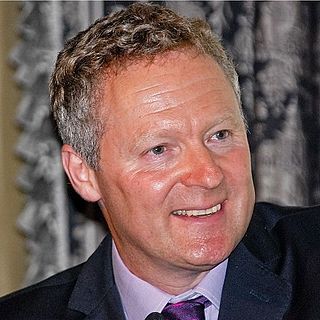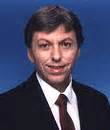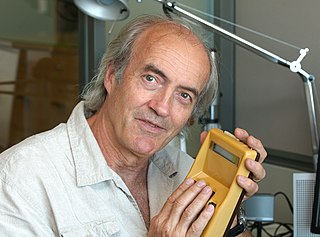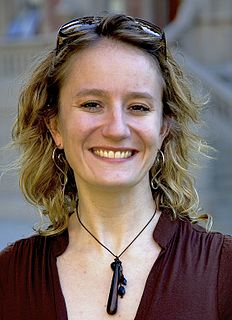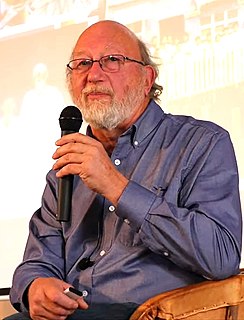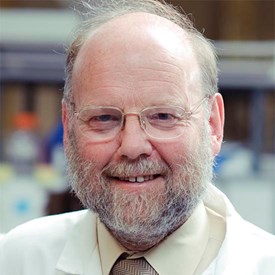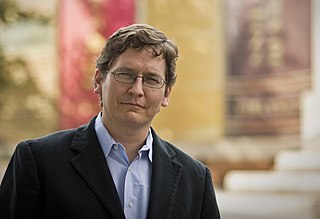A Quote by Jose Manuel Rodriguez Delgado
The brain, or cerebrum, is a material entity located inside the skull which may be inspected, touched, weighed, and measured. It is composed of chemicals, enzymes, and humors which may be analyzed. Its structure is characterized by neurons, pathways, and synapses which may be examined directly when they are properly magnified.
Related Quotes
The structure of the human brain is enormously complex. It contains about 10 billion nerve cells (neurons), which are interlinked in a vast network through 1,000 billion junctions (synapses). The whole brain can be divided into subsections, or sub-networks, which communicate with each other in a network fashion. All this results in intricate patterns of intertwined webs, networks of nesting within larger networks.
God grant that each of us here today may so live that all among us, and with us, may see, not us, but that which is divine and comes from God. With that vision of what those who have lost their way may become, my prayer is that they may receive strength and resolution to climb higher and higher and upward and onward to that great goal of eternal life and also that I may do my part in seeking to show by example, as well as by precept, that which will be the best of which I am capable of doing.
What we mean by information - the elementary unit of information - is a difference which makes a difference, and it is able to make a difference because the neural pathways along which it travels and is continually transformed are themselves provided with energy. The pathways are ready to be triggered. We may even say that the question is already implicit in them.
If we resort for a criterion to the different principles on which different forms of government are established, we may define a republic to be, or at least may bestow that name on, a government which derives all its powers directly or indirectly from the great body of the people, and is administered by persons holding their offices during pleasure for a limited period, or during good behavior.


